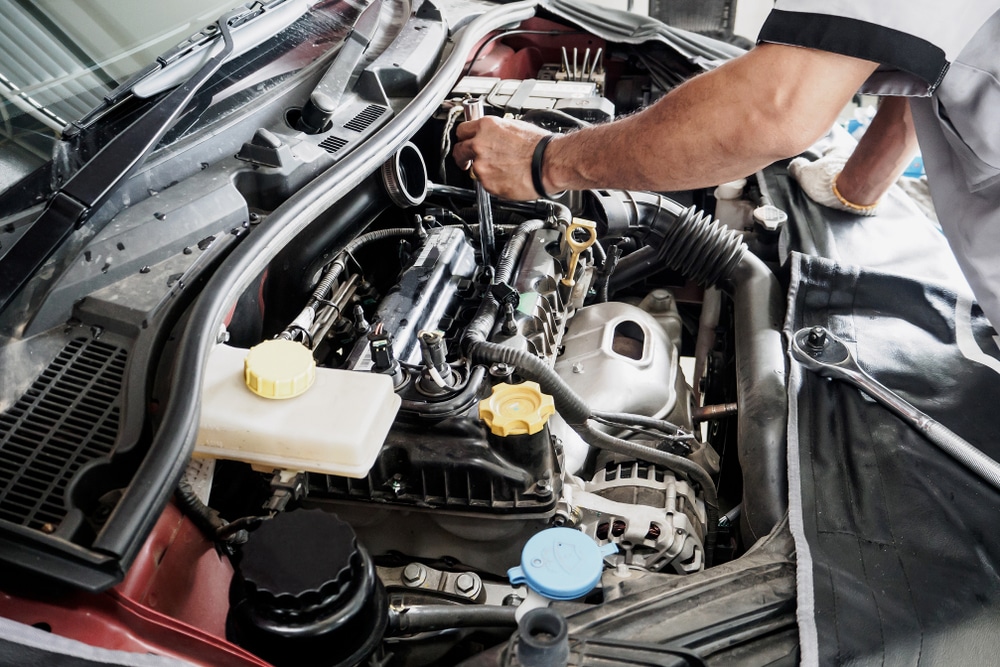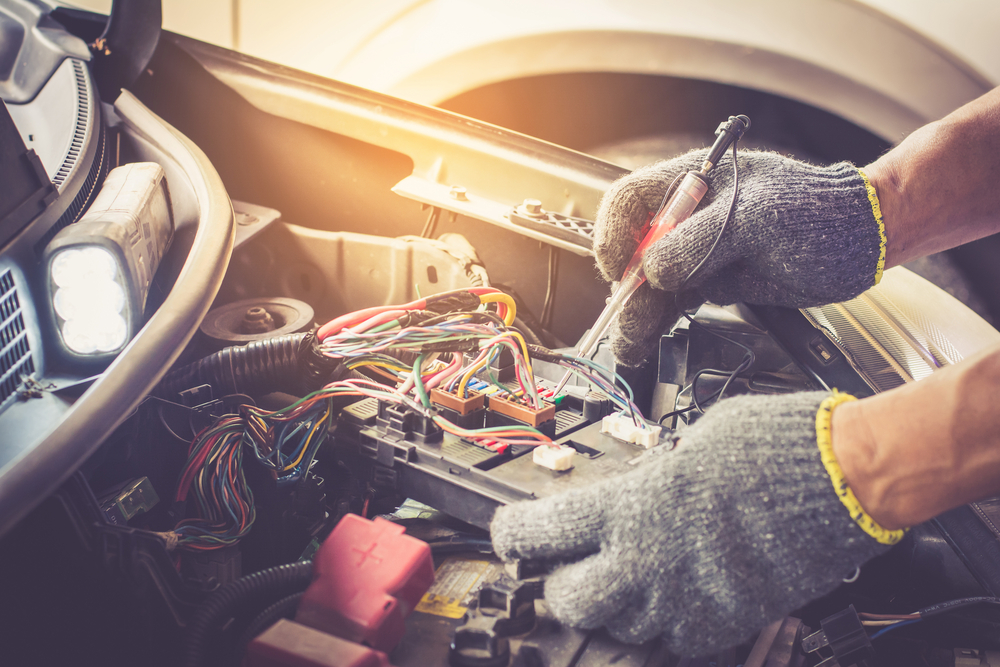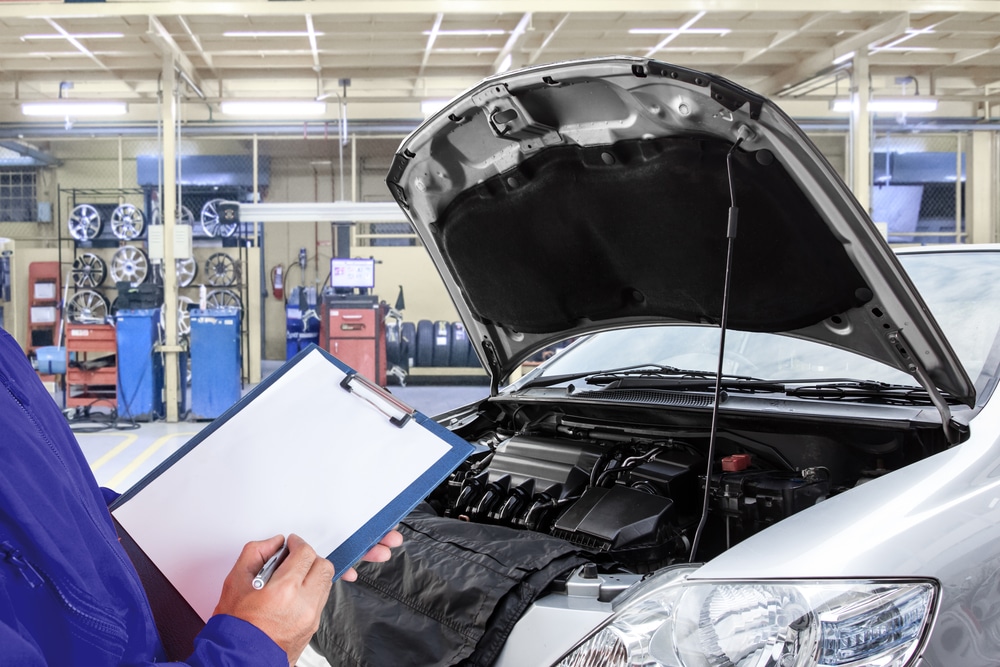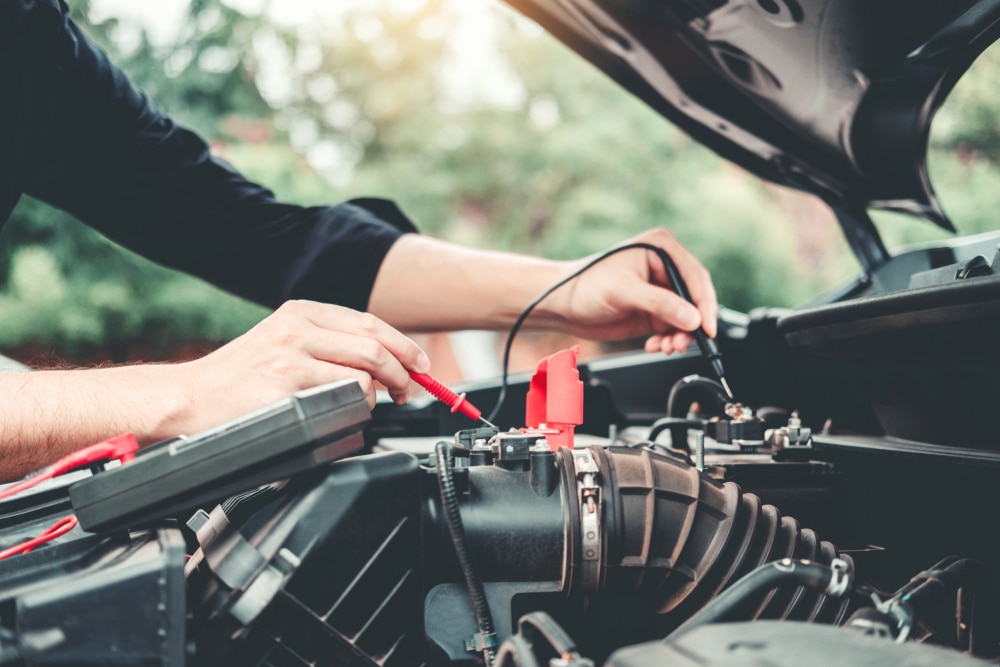Proper vehicle maintenance is crucial for its performance and longevity. One essential aspect of maintenance…

12 Questions to Ask Your Local Car Mechanic About Your Transmission
Understanding your car’s transmission is crucial for maintaining its performance and longevity. However, it’s an intricate component of your vehicle that often requires professional insight. Knowing the right questions to ask your local car mechanic can provide clarity and ensure your transmission remains in optimal condition. This article outlines essential questions to help you engage effectively with your local car mechanic.
1. How Often Should I Schedule Transmission Service?
The frequency of transmission service depends largely on the type of transmission and the manufacturer’s specifications. Most experts recommend a comprehensive check every 48,000 to 96,000 kilometres, though certain transmissions may have different intervals. Regular servicing can prolong the system’s life by addressing minor issues before they escalate into costly problems. Moreover, adhering to these intervals ensures that your vehicle remains efficient and safe to drive. Always refer to your vehicle’s manual or consult with a professional mechanic to determine the precise schedule for your car.
2. What Maintenance Practices Can Prolong My Transmission’s Life?
Proper maintenance is key to extending the lifespan of your transmission and preventing unexpected failures. Regular fluid checks and replacements are vital, as dirty or depleted fluid can lead to significant wear and tear. Additionally, driving habits greatly influence transmission longevity; avoiding aggressive starts and heavy towing over its capacity and maintaining appropriate speeds during driving can reduce stress on the system. Ensuring that your vehicle’s cooling system functions properly is also essential, as excessive heat is a leading cause of transmission damage. By integrating these practices, you can enhance your vehicle’s dependability and efficiency.
3. Should I Be Concerned About Strange Noises or Leaks?
Strange noises or leaks are often red flags that warrant immediate investigation to prevent extensive damage. Clunking, whining or humming noises can indicate failing components, while leaks might suggest issues with the gasket or seals within the transmission. The presence of transmission fluid under your vehicle is particularly alarming; this fluid is essential for lubrication, hydraulic functions and heat management inside the transmission. Ignoring these signs can result in costly repairs and jeopardise your vehicle’s safety. Consulting with a local car mechanic at the first sign of trouble can mitigate risk and preserve the health of your transmission.
4. When Is It Time to Replace My Transmission?
Determining the right time to replace your transmission requires evaluating the extent of symptoms, repair history and cost-effectiveness of options. If your transmission experiences frequent breakdowns or major repairs, replacement might be more economical in the long run. Symptoms such as a lack of response, burning smell or grinding sensations are severe enough to warrant consideration of replacement. Consulting with a seasoned local car mechanic can provide clarity and aid in decision-making by offering a detailed assessment. Ultimately, evaluating the state of your vehicle and transmission’s health aids in making an informed decision.
5. What’s the Difference Between Repairing and Replacing?
Repairing a transmission often involves addressing specific faults like replacing worn-out components, which can be cost-effective for minor issues. On the other hand, replacement entails installing a completely new or rebuilt transmission, ideal for irreparable or extensively damaged systems. While repairs might seem like the cheaper option initially, recurring problems could lead to further costs in the future. Conversely, a replacement offers a fresh start and often comes with a warranty, providing peace of mind. A mechanic’s assessment can help determine the best course based on your transmission’s condition and your budget.
6. Can Rebuilt Transmissions Be Trusted?
According to Lubricants101, there are over 800 parts in an automatic transmission. Rebuilt transmissions can be a viable option if sourced from a reputable and experienced provider. These involve remanufacturing the transmission by replacing faulty components while maintaining or exceeding original specifications. Choosing a reputable source ensures that the rebuild is performed by skilled technicians using quality parts. Rebuilt transmissions often come with competitive warranties, providing additional reassurance. As with all major vehicle decisions, it’s crucial to conduct due diligence and consult with trusted mechanics before opting for this solution.
7. How Long Does a Typical Transmission Replacement Take?
The time required for a transmission replacement varies based on vehicle make, type of transmission and availability of parts. Generally, the replacement process can take anywhere from one to three days, factoring in diagnosis, part sourcing and installation. Complex vehicles or models with less common transmissions might experience longer downtimes due to part availability or intricacies in installation. Planning for alternate transportation during this period can minimise inconvenience. Consulting with your local car mechanic can provide a more accurate timeframe based on your vehicle’s specific needs.
8. Are There Risks Associated With Delaying Repairs?
Delaying necessary repairs can exacerbate transmission issues, leading to more extensive damage and higher repair costs. Ignoring symptoms such as slipping gears, fluid leaks or strange noises can risk further deterioration, affecting safety and vehicle performance. Procrastination may also lead to sudden breakdowns, which can be inconvenient and potentially dangerous. Timely intervention ensures your vehicle’s reliability, maintains its resale value and prevents the escalation of minor issues into costly overhauls. Prioritising regular maintenance and addressing problems promptly is crucial for responsible car ownership.
9. How Do I Choose a Trustworthy Mechanic?
Selecting a trustworthy mechanic involves research, seeking recommendations and evaluating reviews to ensure reliability and expertise. Look for mechanics certified by recognised organisations. Transparency in communication, fair pricing and honouring warranties contribute to a mechanic’s reputation. Taking the time to obtain estimates and compare shops based on customer feedback provides insight into their credibility. A trustworthy mechanic becomes a valuable ally in maintaining your vehicle’s longevity and performance.
10. What Questions Should I Ask Before Approving Repairs?
Asking pertinent questions before approving repairs is essential to make informed decisions and avoid unnecessary expenses. Inquire about the diagnosis process, the specific repairs needed and any alternative solutions that might be available. Understanding the estimated costs, time required and terms of warranties will provide clarity on the scope of work. Don’t hesitate to request explanations or visual demonstrations to understand technical details. A transparent mechanic will welcome your questions and provide the information necessary to proceed confidently.
11. Should I Get a Second Opinion on Major Repairs?
Obtaining a second opinion for major repairs is a prudent strategy, especially for high-cost or extensive procedures. Different mechanics may offer alternative approaches or identify issues that were initially overlooked. A second consultation provides additional assurance in verifying the accuracy of the first diagnosis and quoted costs. While it may require additional time, this extra step can prevent unnecessary expenditures and ensure a comprehensive evaluation. A well-rounded perspective helps you make informed decisions without succumbing to pressure for immediate action.
12. How Can I Verify the Quality of Repairs?
Verifying repair quality involves inspecting completed work and test-driving your vehicle to assess improvements in performance. Requesting a rundown from your mechanic of the completed repairs and any replaced parts offers additional clarity. Checking for consistent fluid levels, absence of leaks and smooth gear transitions can confirm successful repairs. Reviewing repair documentation, including warranties and replaced components, ensures accountability. Quality repairs provide noticeable enhancements in your vehicle’s operation and longevity.
Asking the right questions can demystify the complexities of your car’s transmission and ensure you’re making informed decisions about its maintenance and repair. By collaborating closely with your mechanic, you can maintain your transmission’s health, extend your vehicle’s lifespan and enhance your overall driving experience. Empower yourself with knowledge and take proactive steps to ensure the longevity of your vehicle’s transmission. Reach out to Procheck Automotive today to see how we can help with your transmission.



